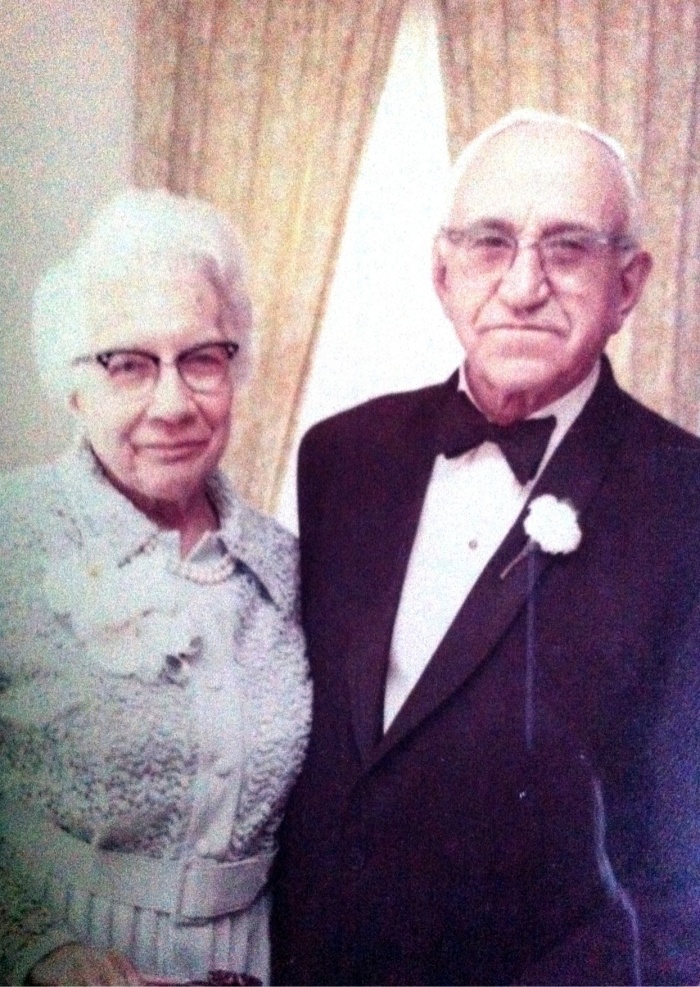Resilience helps after a quadruple mastectomy (yup – 4 of ’em)
Oops, I did it again. As in two original breasts, four total mastectomies. Think of that when ordering a double double coffee at Tim’s. After the shock of the first two mastectomies, undergoing another two was – well – a shock. I mean, who has four mastectomies?

“Decker,” I negotiated with my partner, “since you have two nipples to my none, how about a nipple donation? Then you’ll have either a left or right, your choice, and I can have one transplanted to the middle.” He declined.
At least this double mastectomy, on 18 September, was preventative, not because cancer returned. Whew.

The July chest ultrasound revealed the bulges were remaining breast tissue and not pooled lymph fluid as we’d believed. Quick consensus followed. Yes, mastectomies may not improve survival. Still, it seemed unwise to leave a potential home for an aggressive cancer while my risk of recurrence is so high. I figured the worst that could happen if I repeated the double mastectomy was that my wardrobe would need adjusting. The worst that could happen if I didn’t have it repeated was too awful to accept as reasonable risk.
Dr. Kanashiro masterfully retraced the incisions she’d made the first time, flattening me further. ‘No’ is still my final answer to reconstruction.
Compared to the first and second mastectomies, and the chemo blowing out my brain, when I fell deep into a non-functional state of drug-induced sadness, the third and fourth mastectomies were only inconvenient.
Seriously? Have body parts amputated sequentially, endure life alterations in what I’ve dubbed Post Change Syndrome (PCS), and just bounce back? Well, yes. Although ‘bounce’ might be defined as dragging myself up a ragged mountain wall, but that’s where resilience comes in.
In 21 August’s post, I mused about the four qualities that supported my recovery after chemo beat me up:
Resilience, Mindset, Optimism and Discipline.
Once again I relied on these four qualities to recover from drastic change.
The Resilience Project defines resilience well: “In the context of exposure to significant adversity, resilience is both the capacity of individuals to navigate their way to the psychological, social, cultural, and physical resources that sustain their well-being, and their capacity individually and collectively to negotiate for these resources to be provided in culturally meaningful ways.”
I use conflict competence skills to navigate through adversity and negotiate for resources to make my body inhospitable to cancer. But which came first in my case – resilience or conflict competence? I had to trawl my memory for this because, as a professor once said: “scratch a theory, you’ll find a biography.”
Scratch my theory that conflict management is a great skill and you’ll find my biography included battling parents, a home with hostility expressed in screaming insults, leaving me insecure and prone to outbursts. I sought conflict management training to deal with my biography and wound up with a rewarding career and the skills to get through PCS. In my storyline, through negotiation training I gained conflict competence and became resilient.
My resilience was because of one stable person in my childhood – my grandfather.
My new theory: the influence of one stable person plus conflict competence help in adversity. I’m grateful for so many things, including my family and Resilience.



What worked for me? I’m not sure yet, since I’ve only started to see that exhaustion and other treatment side effects were part of what kept my mind stuck in mourning my surgery, thanks to this post! Getting out from under the daze or fog chemo and radiation fatigue produces in the mind helped a great deal. I’ll have to ponder this more. For now, I’d say I best outlined my mental recovery in my post Punk Rock (Breast) Cancer. It is likely the most accurate to date. ()http://anotheronewiththecancer.wordpress.com/2013/04/04/punk-rock-breast-cancer/.
Hope you are well this fine October weekend!
LikeLike
Your comment about the mastectomy seeming only inconvenient in retrospect, compared to the brain blow out due to chemo really resonated with me. I think I was able to recover, emotionally, from the impact of the surgery, once my brain started to work again. I have more things to think about, and was able to make a good decision about what to do (not reconstruct, tattoo) once my brain started to function. Chemo really is awful, I realize now, and the impacts lasted longer than I care to admit–I wonder if others may think the same.
LikeLike
You’re such a trooper, Curmudgeon, thanks for your comment. My experience was that the helping professions tried to get me to deal with my “loss” as a remedy to what they diagnosed as depression. It wasn’t. The impact of chemo on the brain is unimaginable. I aced the physical parts of the treatments – surgeries, chemo, radiation, etc. And then the side effect of the chemo on my ability to think locked in. I attribute the resilience that got me out of that morass to my training in negotiation. What worked for you I wonder?
LikeLike
Deborah, Seems I made a mistake. My apologies. I must try your four words to reconcile my despair of recent break up. Dan
LikeLike
It’s hard for me to post medical and personal stuff like this. My nature is shy, introverted and private. The hope I have is that the posts help someone. So, your message encourages me, Dan, and makes it worthwhile to share what I normally wouldn’t; thank you.
LikeLike
Deborah, I am sure your words are from your heart. I also think they will be helpful to others, and myself. Try looking up Lynda Sacks on face book. Some of her philosophy may be of interest and possibly even helpful. She sends me notes of strength and positivity. Thank you, Deb
LikeLike
Thanks to your writing, we all have a chance to learn something from your experience. Thank you, Deborah.
LikeLike
Thank you Nathalie; and your writing inspires me.
LikeLike